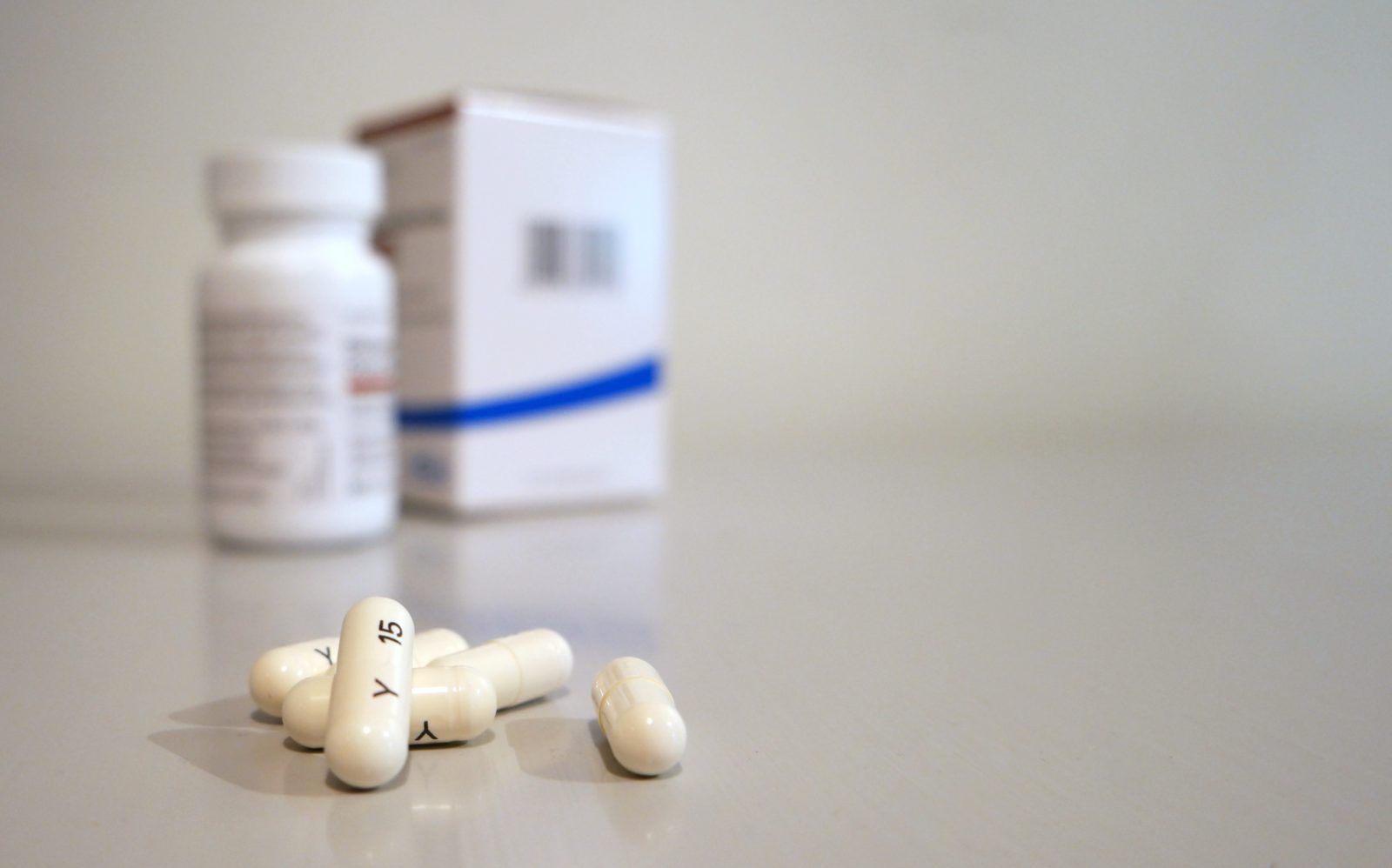According to statistics from the State Institute for Drug Control, over the last five years, more than sixty medicines have ceased being supplied to the Czech Republic, either temporarily or permanently, due to low prices or reimbursements. This represents a small fraction of the more than one thousand reports for production reasons.
Despite this, companies and pharmacists warn that the situation may worsen. They believe the pressure to keep prices low contributes to the disappearance of medicines from the Czech market. While the Ministry of Health and the Drug Institute reject this claim, they acknowledge a problem.
The Czech Association of Pharmaceutical Companies identified dozens of groups of medicines with low prices and a small number of alternatives, meaning that they have a high risk of shortages that will not be quickly resolved. According to Filip Vrubel, the association’s executive director, these groups include life-saving medicines, such as those for hypertension, antibiotics, pain, and cholesterol, often priced at several dozen crowns.
When analyzing data from the National Drug Institute, they found that in nine out of ten cases, there was a shortage of medicines that only three companies offered in the Czech Republic. When one or two of these companies have problems, the shortage becomes noticeable.
To solve this problem, Vrubel sees a way forward in motivating new companies to enter the Czech market. Although there are cases when the manufacturer has a problem with the maximum price at which they can sell the medicine in the Czech Republic, this is rare. However, these cases have doubled in the last two years.
In 2018, companies cited low prices or reimbursements as the reason for the interruption or termination of supplies for 34 medicines, including those without substitutes. For example, a treatment for patients with Parkinson’s disease. Its resumption is expected only at the end of the year. This issue is often resolved through individual imports from abroad to prevent patients from being left without treatment.
Some pharmacists say pricing can be problematic, even if another reason is officially cited. For example, the problem could arise for a broad group of statins, which are cholesterol-lowering medicines. Since September, their reimbursement has decreased, and we have reached 60 crowns for a three-month treatment. There are more manufacturers in this group, and it is expected that some of them will say they will no longer supply the medicine. Lékárník Lukáš Malý estimates that the problem could occur even though one of the companies has already announced the termination of supplies for “business reasons.”
Companies must request an increase in the maximum price from the State Institute for Drug Control. However, this does not always happen, although low fees, rising production costs, and the supply of packaging or active ingredients are discussed. Since the beginning of the year, the Institute has led one hundred proceedings to change prices. It increased in 81 cases but was not consistently as high as the company requested. One request was rejected, and two companies withdrew their proposals.
According to Deputy Minister of Health Jakub Dvořáček, if it is in the public interest, the price increase is not a problem. He mentioned penicillin, which interrupted supplies due to low prices, but antibiotics have been flowing back to the Czech Republic since October. However, as the Institute clarified to Právo, although it has already reached an agreement with one company, there has been another proceeding on changing the maximum price since last week. The whole of Europe is preparing for the rising costs of generics. The reform of the EU law on medicines also helps with accessibility. However, the first proposal received criticism.
Minister of Health Vlastimil Válek (TOP 09) has repeatedly said that the price cannot be blamed for the lack of medicines. The main problems lie in production and the supply chain. Companies also confirm this. “In the last two decades, the pressure for the lowest possible prices has exacerbated shortages,” said Vrubel.
The ministry claims that it does not influence price setting. The minister sees the exorbitant sums for treating rare diseases as a more severe problem. “The problem is the price of special medicines, where the treatment regimen for one patient costs 100 million,” said Válek. He wants to address this issue with professional societies.





